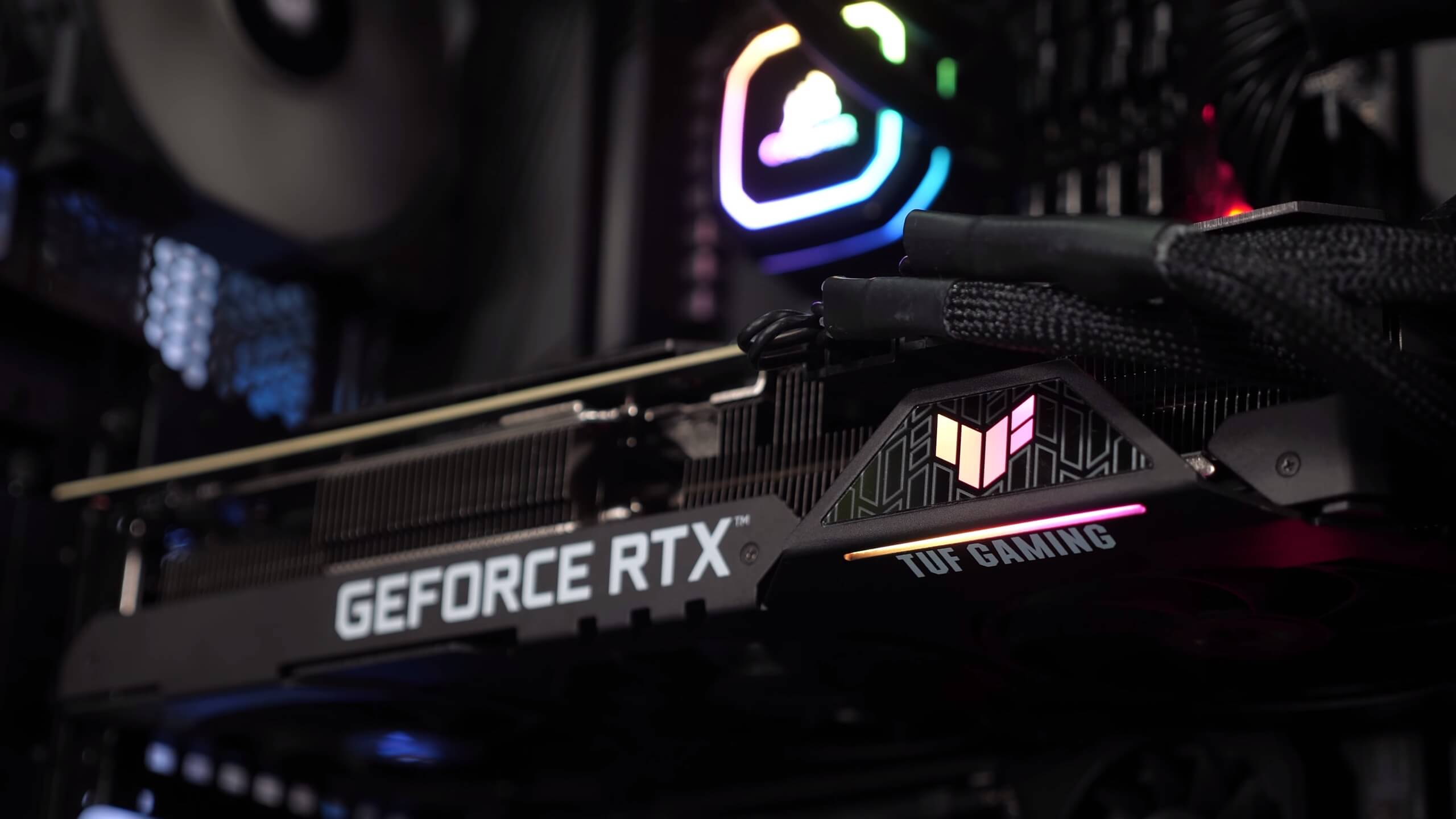Today we're reviewing the Asus TUF Gaming RTX 3080 OC, the first third-party GeForce RTX 3080 graphics card to come our way and we're very interested to see how it compares to Nvidia's Founders Edition model.
https://www.techspot.com/review/2102-asus-tuf-geforce-rtx-3080/
